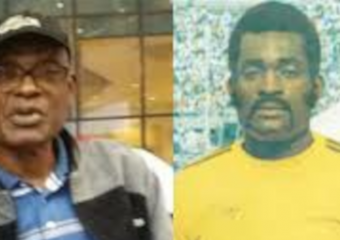
Last weekend, the Vanguard newspaper reported an incident between its reporters and Emmanuel Okala, MON, one of the heroes of the Gold-medal winning team of the 2nd All-Africa Games in 1973, a member of the winning squad of the 1980 African Cup of Nations, and a member of the 1977 Africa Cup-Winners’ Cup Rangers International FC team.
In his prime, Babuje, as I call him, was undoubtedly the most famous and most recognisable sports figure on the African continent with his imposing 6ft 5inches frame, and his fearsome disposition between the goal posts, and his completely harmless and humane person outside it. Okala remains, to date, the first and only goalkeeper in the history of African football to be crowned Africa’s Player of the Year by the African Sports Journalists Union, ASJU, in 1975.
So, Emmanuel Okala makes news any time he opens his mouth to say something on football to journalists. When he also refuses to talk, something must be very wrong, as it was last weekend when the two reporters wanted a chat with him. His reaction was very unusual for a gentleman that he had always been, and that’s why it was a major item on the back page of the respected Nigerian daily paper. Okala lashed out at the journalists, telling them to leave him alone, that he had suffered enough from neglect by society, and now would prefer be left to rest in peace.
Okala is my friend. We have been compatriots since I met him for the first time in the national camp as a young man in December of 1973. We met again when I fully joined the national team in 1976, and during our several ‘confrontations’ on the football field, thereafter. Whilst in camp we became regular roommates and the best of friends even till this day, despite the deep rivalry between our two clubs. We shared the misery of not qualifying at the very last hurdle for the World Cup of 1978 in the now infamous loss to Tunisia on home ground in Lagos.
So, I know him very well, and, so, Emmanuel Okala’s reaction to those reporters should not to be disregarded. I know that it is the product of accumulated frustration at the pain and suffering that a lot of retired sports persons have been going through without a general solution, particularly their health conditions as they start to advance in age, the normal body functions start to fail, and the bills to take care of the challenges skyrocket beyond reach. It is the same thing for most ordinary Nigerians, but in the case of once-idolised sports persons, particularly those of the era when making big bucks from sport was not on the cards, the psychology of their helplessness makes it worse. To start with contrary to public impressions, they never made enough money to invest in anything that could sustain them for the lengthy second half of their lives. I was one of them, so I know. We lived from monthly paycheck to paycheck. The situation is different now for a very few lucky athletes these days who end up in the lucrative European sports circuits and earn enough to invest and to live off comfortably even into old age. Even that depends on the individual athletes, their lifestyles, and how lucky they are with their investments. But these are a very small tribe in the vast army of young persons in sports.
Amongst Okala’s generation of sports heroes and even before, the common story is an ugly one. Across all sports athletes are debilitated by ill health arising mostly from their intensive physical engagements in sports. Their inability to foot the expensive health bills as they age leaves them flustered, in pain and angry. Many die poor and in agony. It is hard to find and point out any athletes that have ‘made it big’ through sports in the country and do not suffer in old age. The vast majority spend their twilight years in the poverty zone.
Once again, there are a few lucky exceptions, particularly amongst those that supported their sport with some education and managed to find their way in other fields maneuvering gingerly through the difficult minefields of life after sport. One thing that none of them escapes is the health challenge as old age approaches and they start to pay the price for the physical abuse of their bodies through the stresses, strains and injuries of endless training and competitions. Once again, no retired high level athlete escapes it! That is what is very worrying for retired sports heroes. It is only when it comes that they realise the full implication of their relationship with sport, and the lack of structures and programmes to ameliorate their painful new situation. We have all erroneously blamed governments for the lapses but we now know better that they were also ignorant of the price athletes would have to pay down the line of their lives after sports, and what could have been put in place to help them.
So, retired athletes suffer and most die in pain, frustration, regret and anger, the sort that Okala expressed last weekend. It is ill health that is the most troubling aspect of a retired athlete’s life, and the public do not link this to their glory days serving their country. That’s where Okala’s frustration derives from. He was not speaking only for himself, but for a whole army of his colleagues and other ageing athletes in other sports all over the country. Society must rise up and help them, somehow.
Ebiyan Dediare is lying in a hospital in Warri suffering from the effects of stroke. Sunny Oyarekhua, retired police officer, is down with stroke in Lagos. Peter Fregene’s case is even worse and very well known. He has been on his back for well over a decade unable to walk. Sunny Eboigbe is down with stroke. Joseph Erico is half his height now bent over by debilitating arthritis. Kadiri Ikhana has had 3 surgeries to his spine and is half his former height also. Charles Bassey is on his sick bed, unable to walk. Adokie Amiesimaka has had a major surgery abroad to deal with his own serious hip challenge. Christian Chukwu had to be flown abroad to be saved from the throes of death, and now walks with the help of a stick. Of the 22-man squad of the 1980 African Nations Cup 7 of them have died.
These are all athletes from a single sport in a single generation. Now, think of all the other sports and several generations before. The world may be a different place and things may be better for athletes today, but we are still a long way off from proper welfare for retired sports heroes in old age.
Emmanuel Okala can hardly walk these days, his 6ft 5inches frame has been reduced by 5 whole inches by debilitating arthritis. He has other problems with his sight, his heart, his sugar level, and so on. He lives on a daily cocktail of very expensive and very potent drugs that are slowing draining life out of him. We must all understand the source of. It was not against any government, or anyone. It was simply the frustration of man living in permanent pain, a cry for attention for the sports sector and for hundreds of sports persons in the country that are in similar positions all over the country waiting in pain to die. The situation has become overwhelming. There is no sports industry in the country developed to accommodate them after their careers as athletes. There is no capacity building programmes to prepare them for work outside and even within the sports sector. For many years, Nigerian governments have talked about setting up a welfare fund of some sort to cater for retired international athletes. It has been all talk through the decades with no concrete action. The athletes’ unions have also made some attempts to take care of themselves, but have ended up short in scandals and lack of vision or direction.
Too many sports persons have died in pain, agony and poverty. It is time to start to change the narrative. The starting point is to start to look outside of government, and to come up with programmes and institutions that will look at the sector very critically and come up with solutions. Thank God the Football Players Union is on a new lease of life. Hopefully it will get it right this time and become a model for other sports. For now, we must thank Emmanuel Okala for stirring up something in the conscience of Nigerians. We must be creative and come up with new ideas to deal with this very ugly dent on the image of our country.
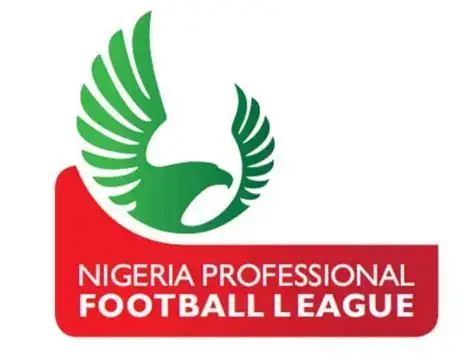
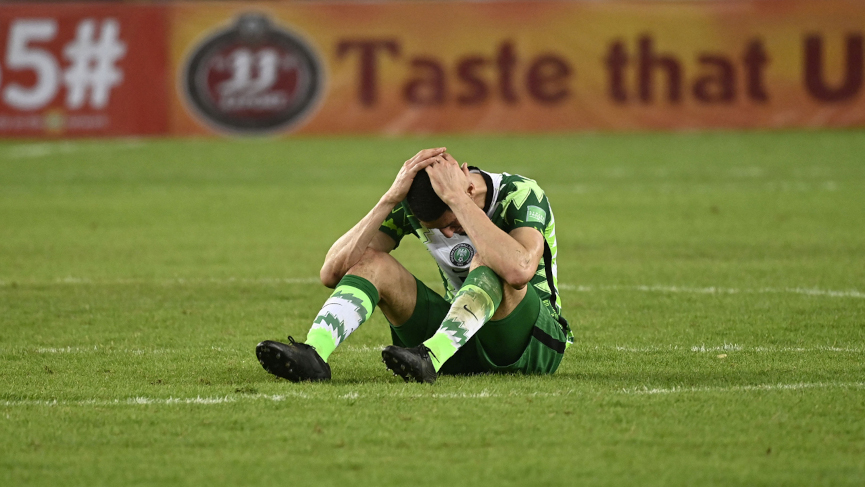
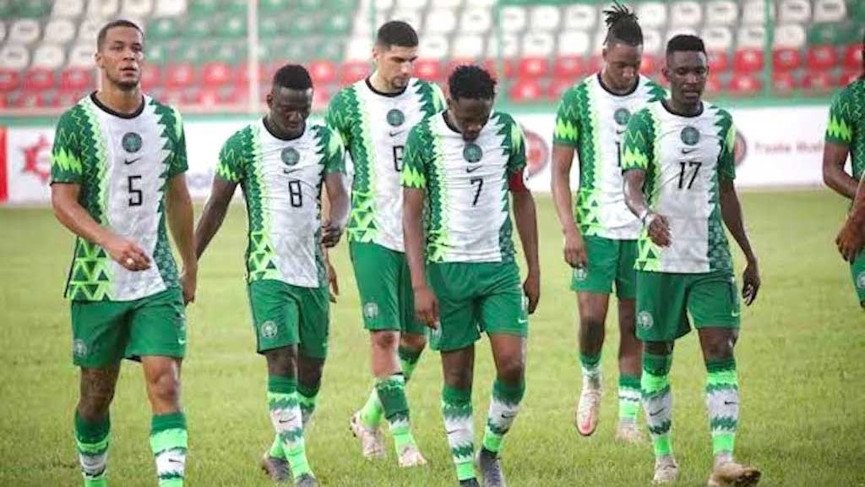
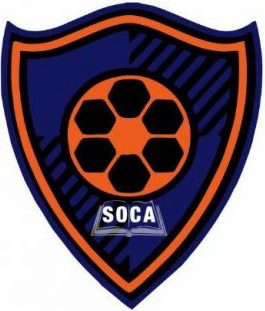
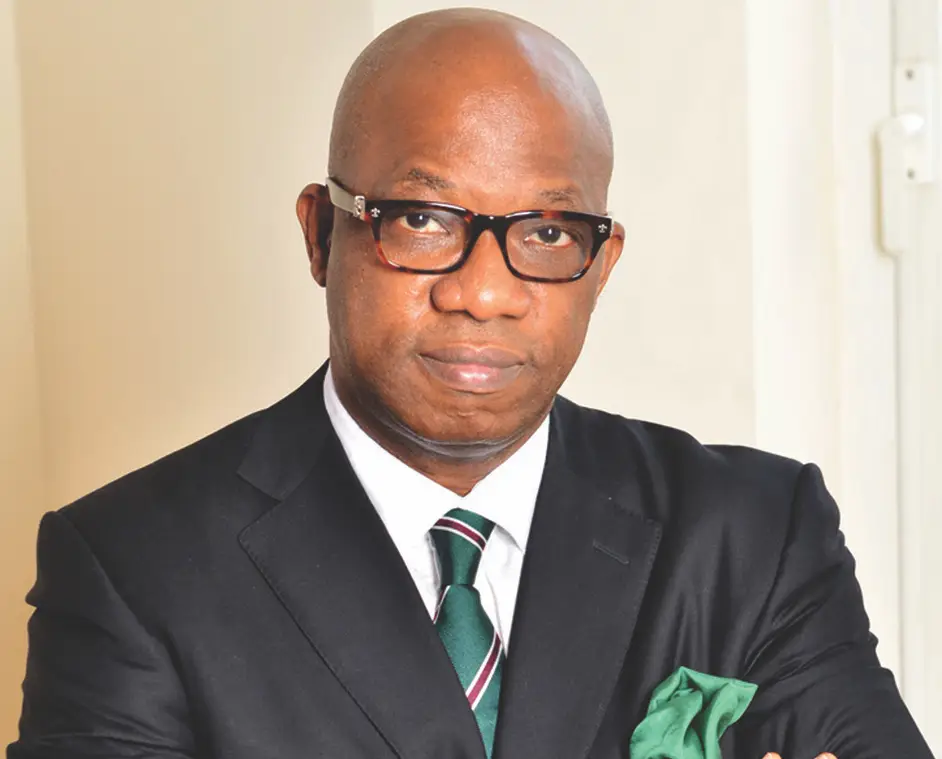



Latest Comments